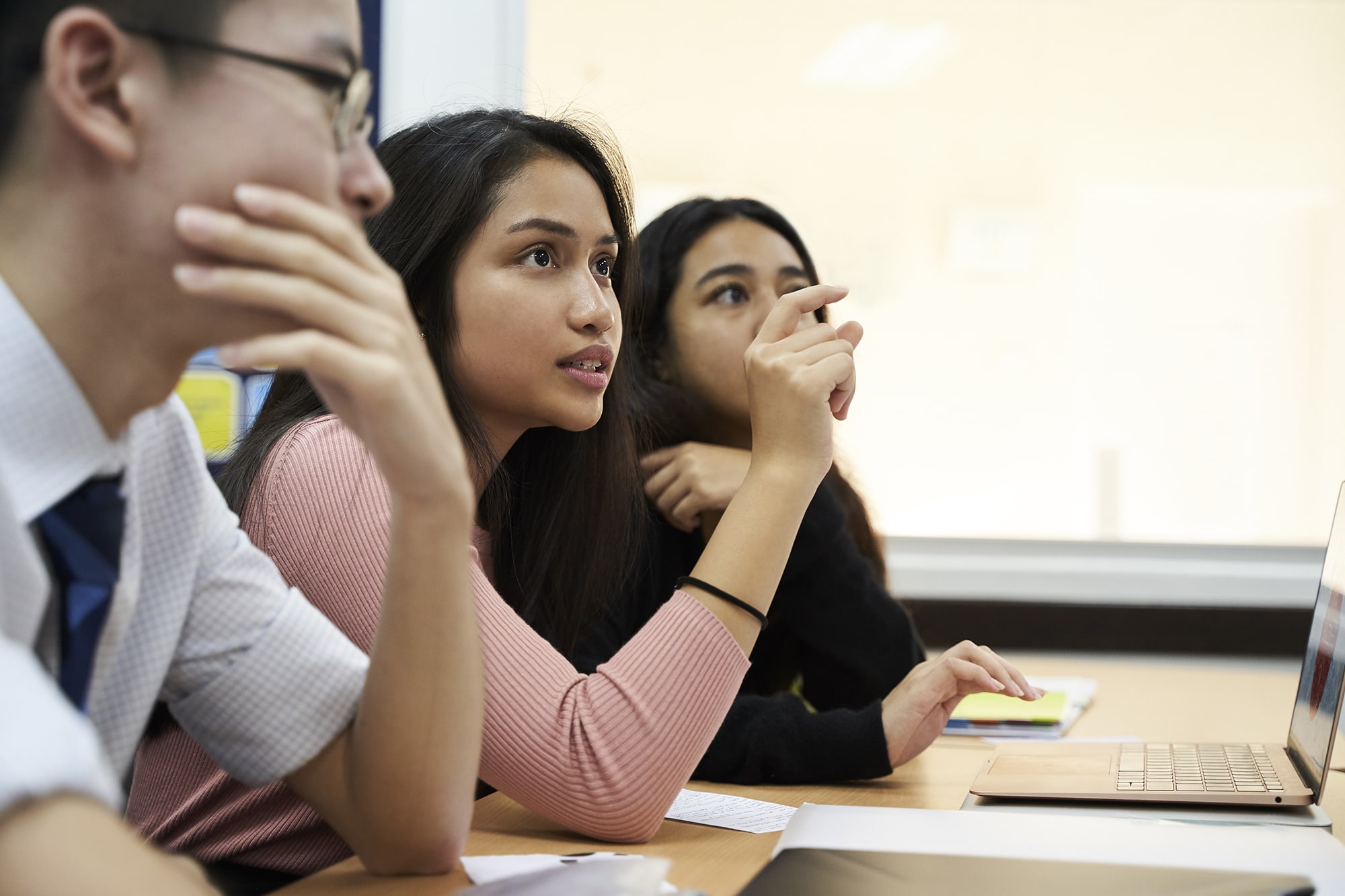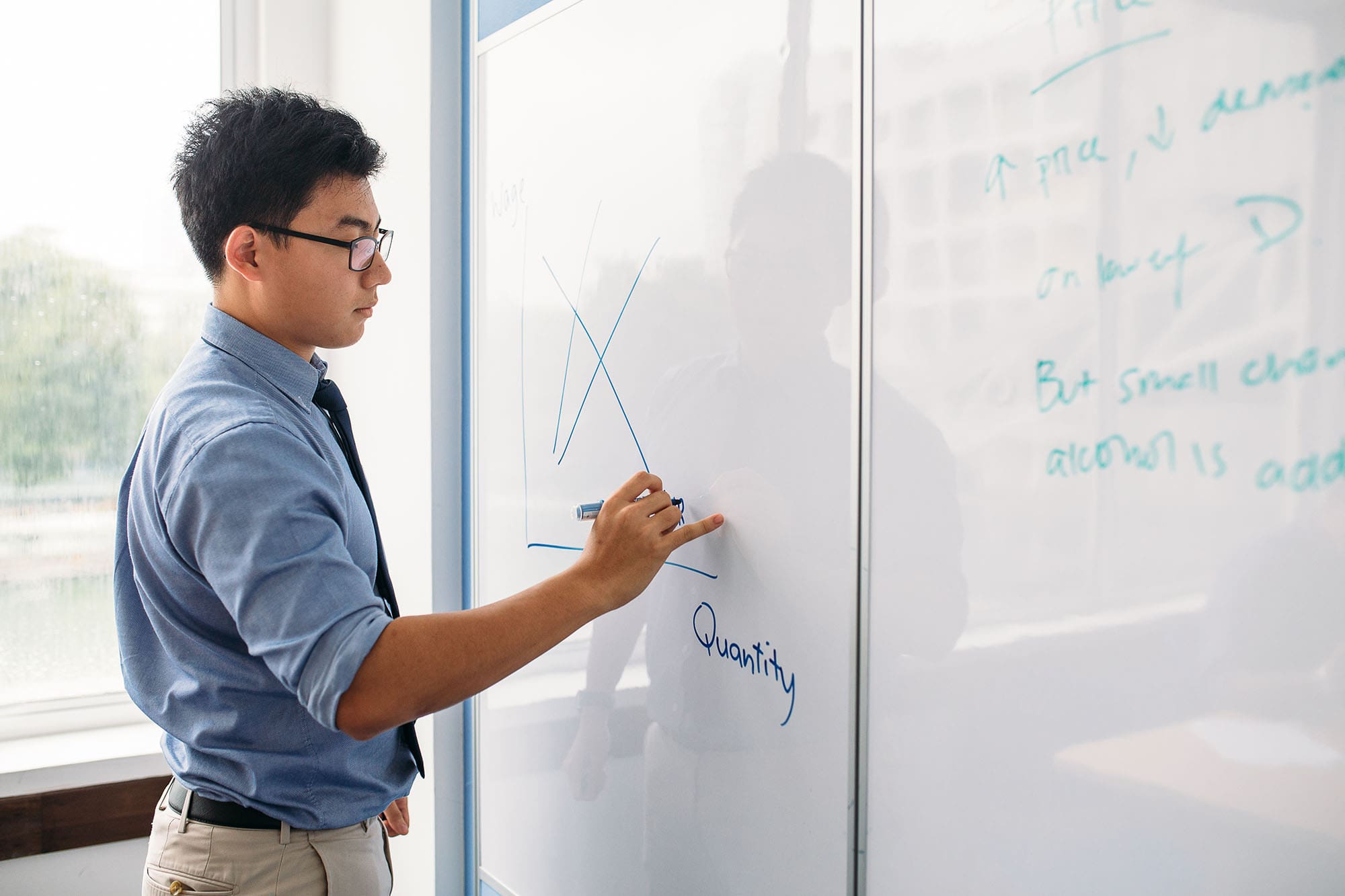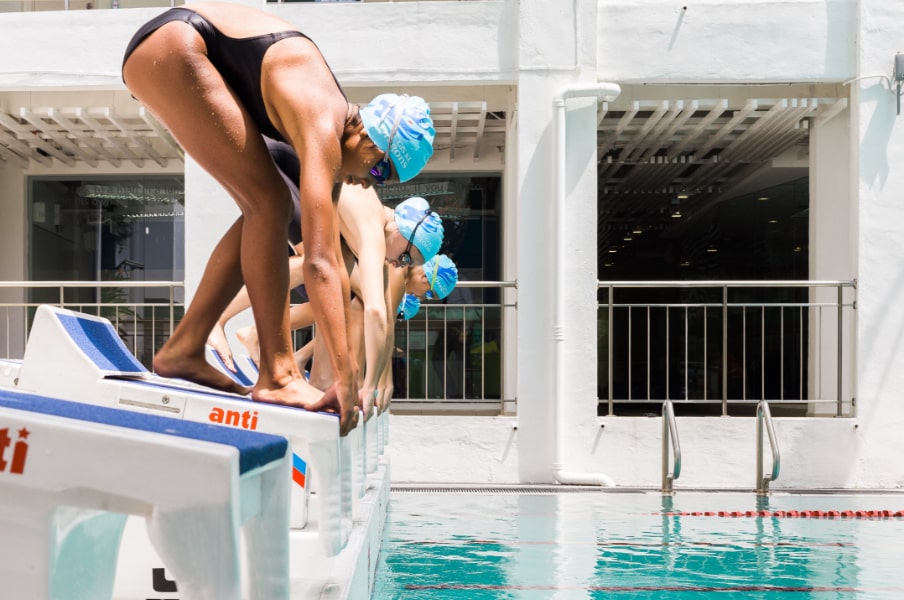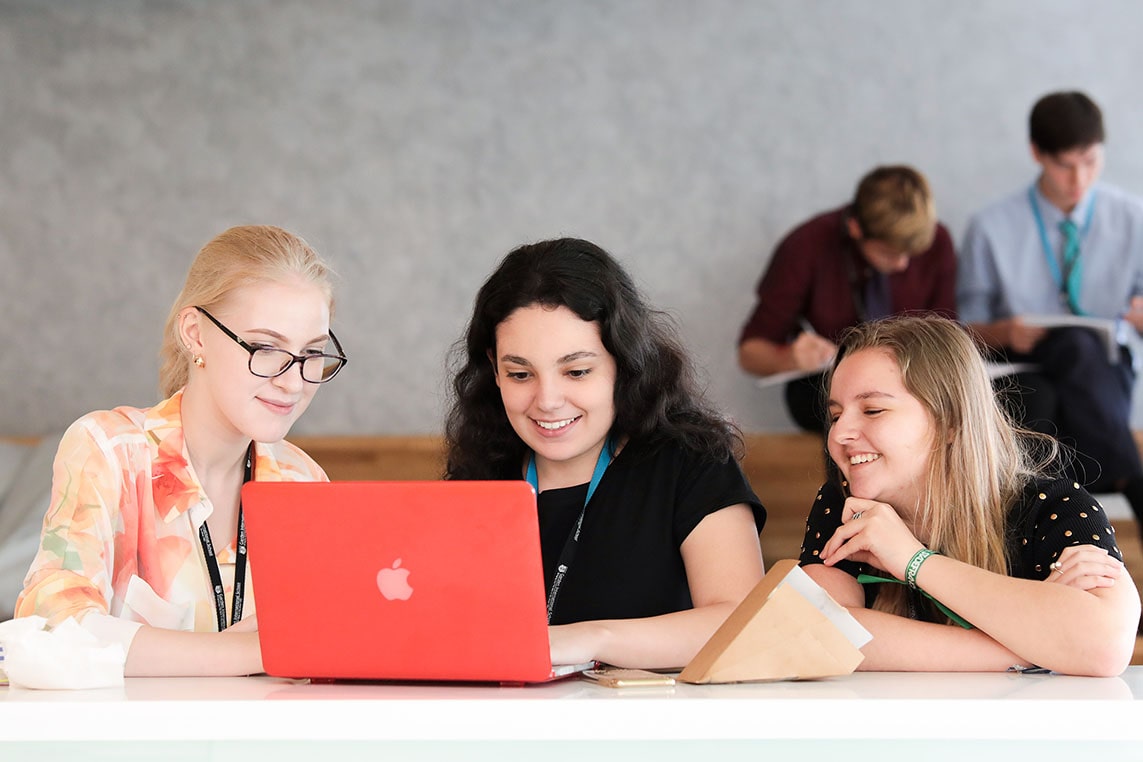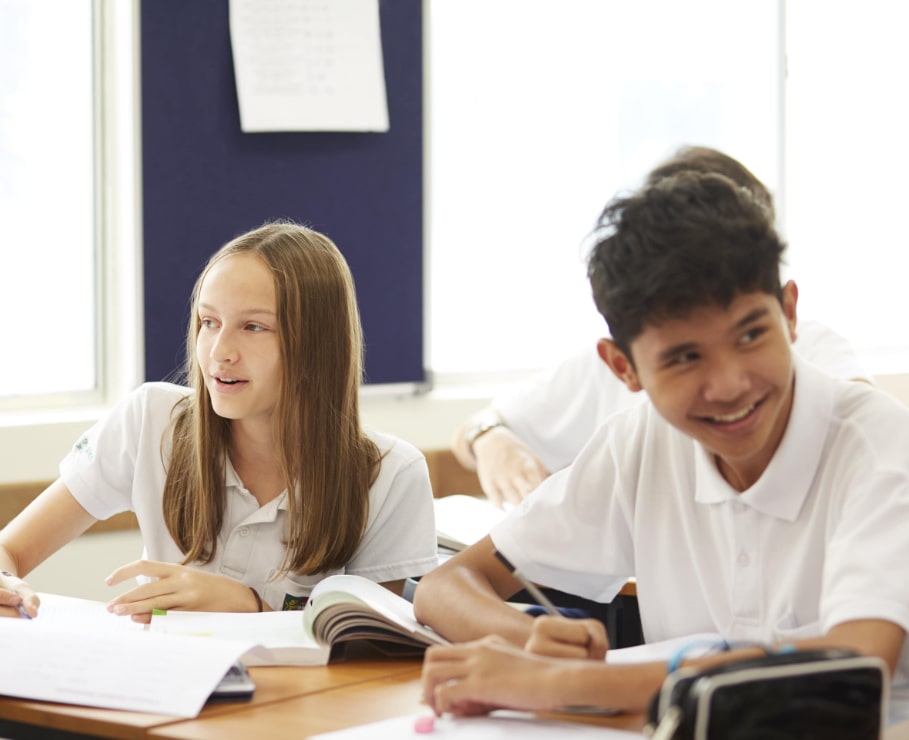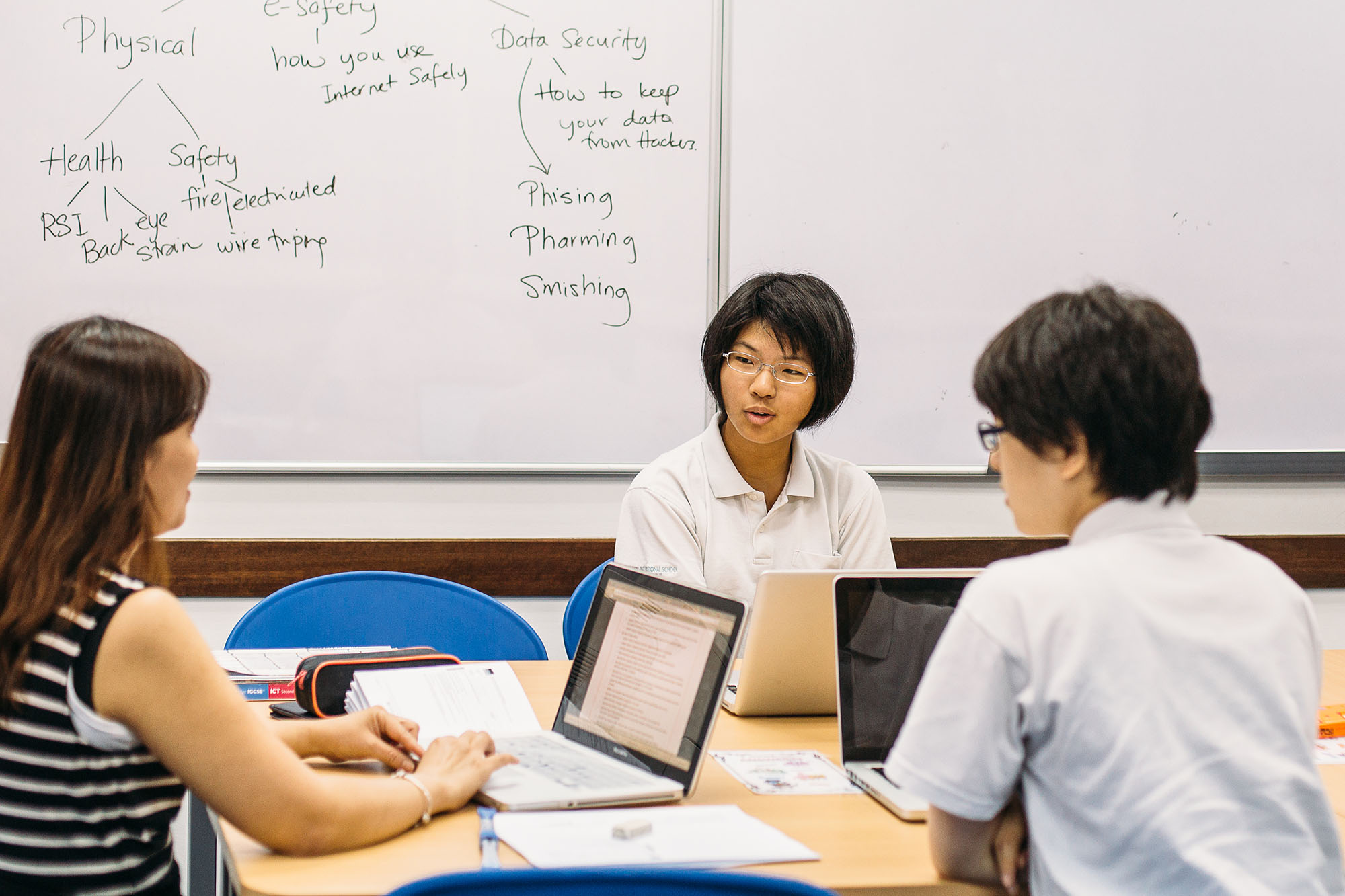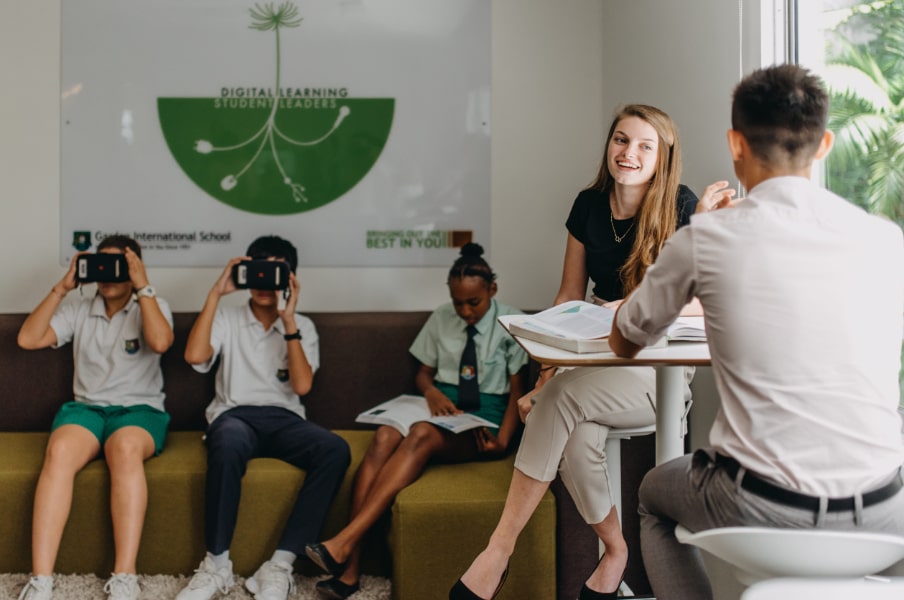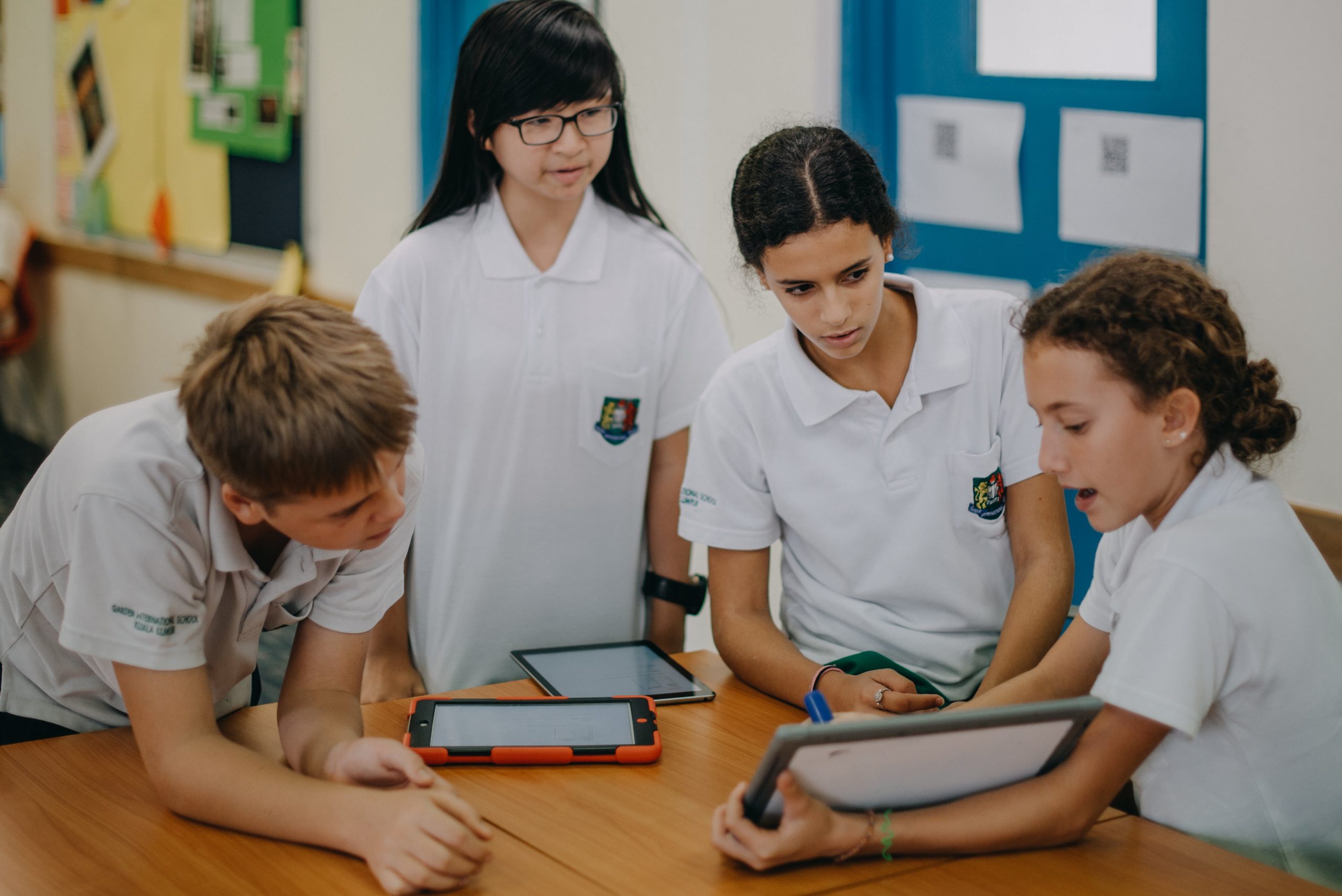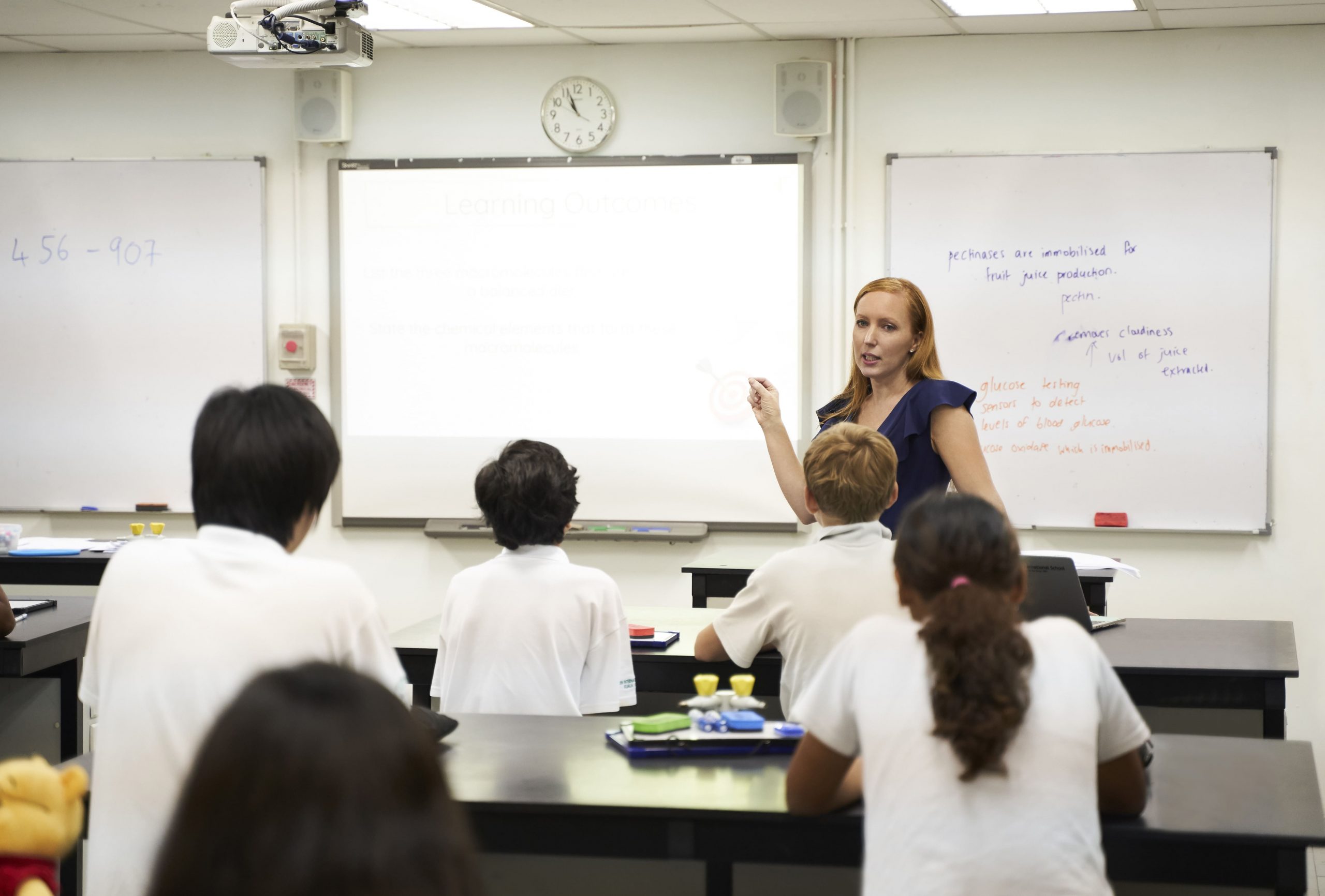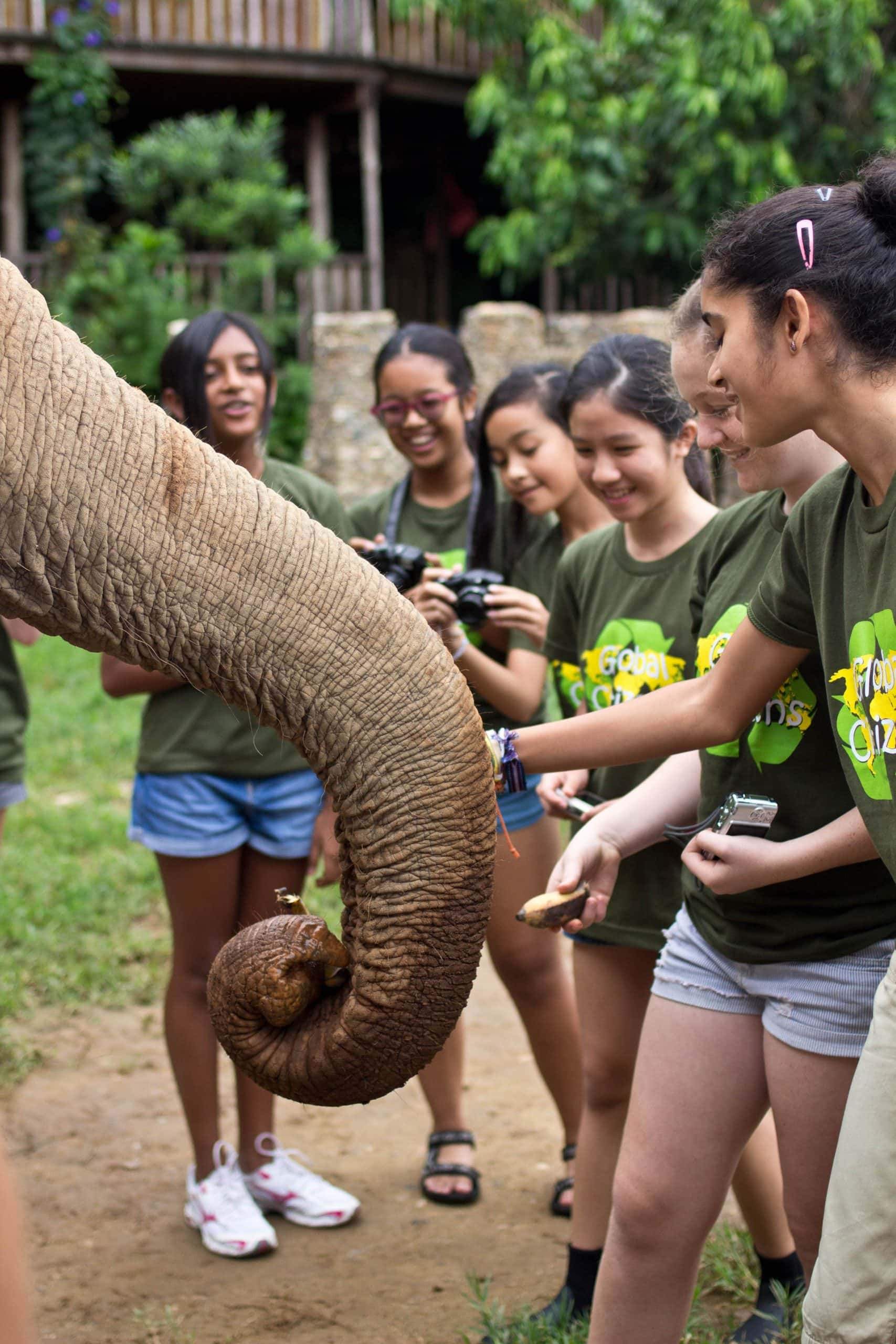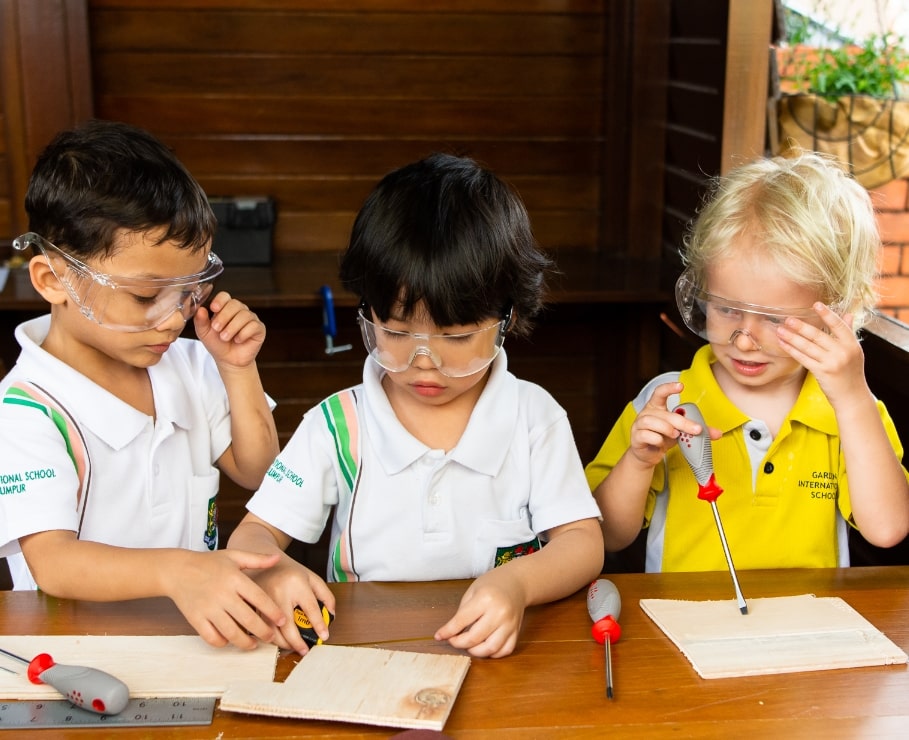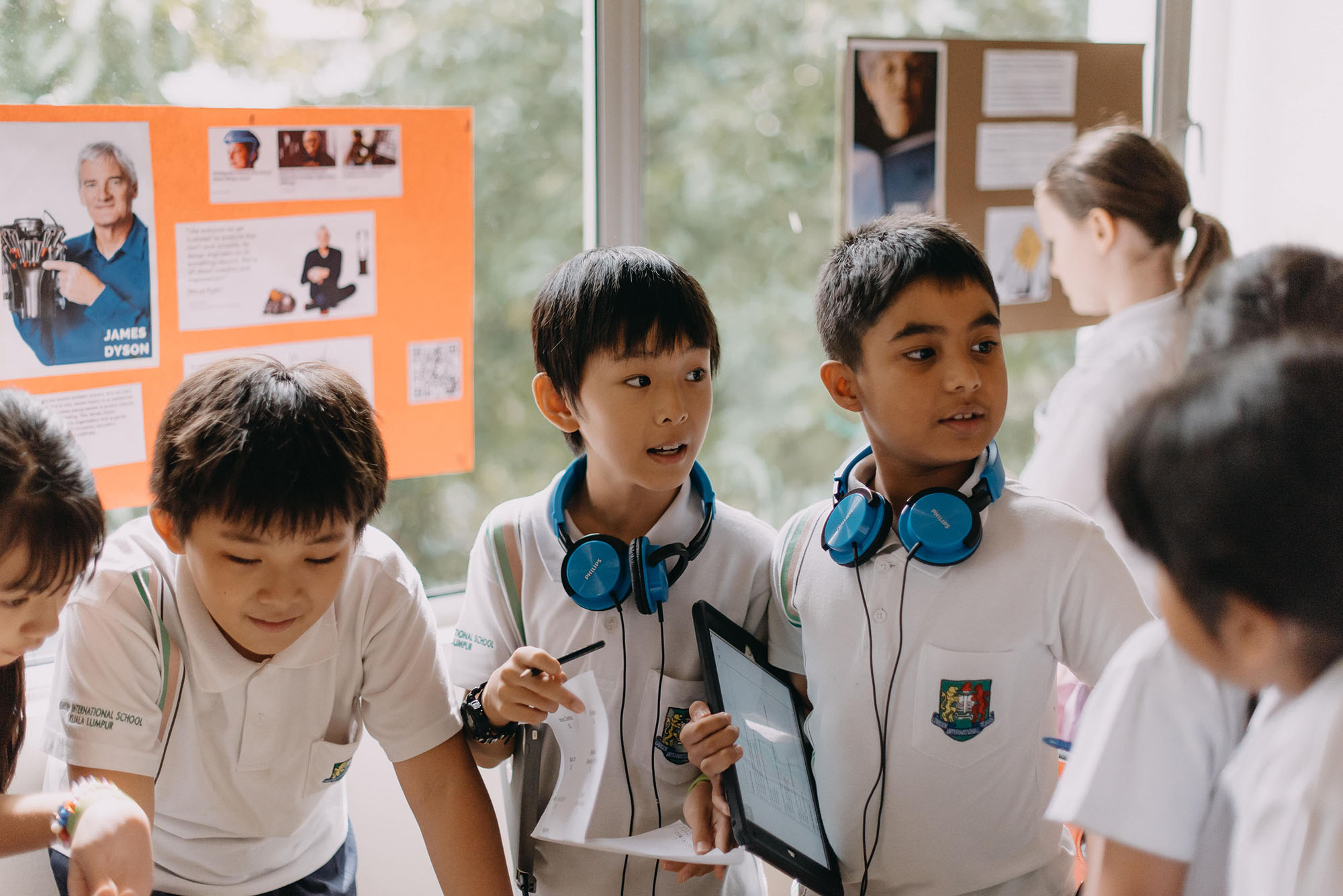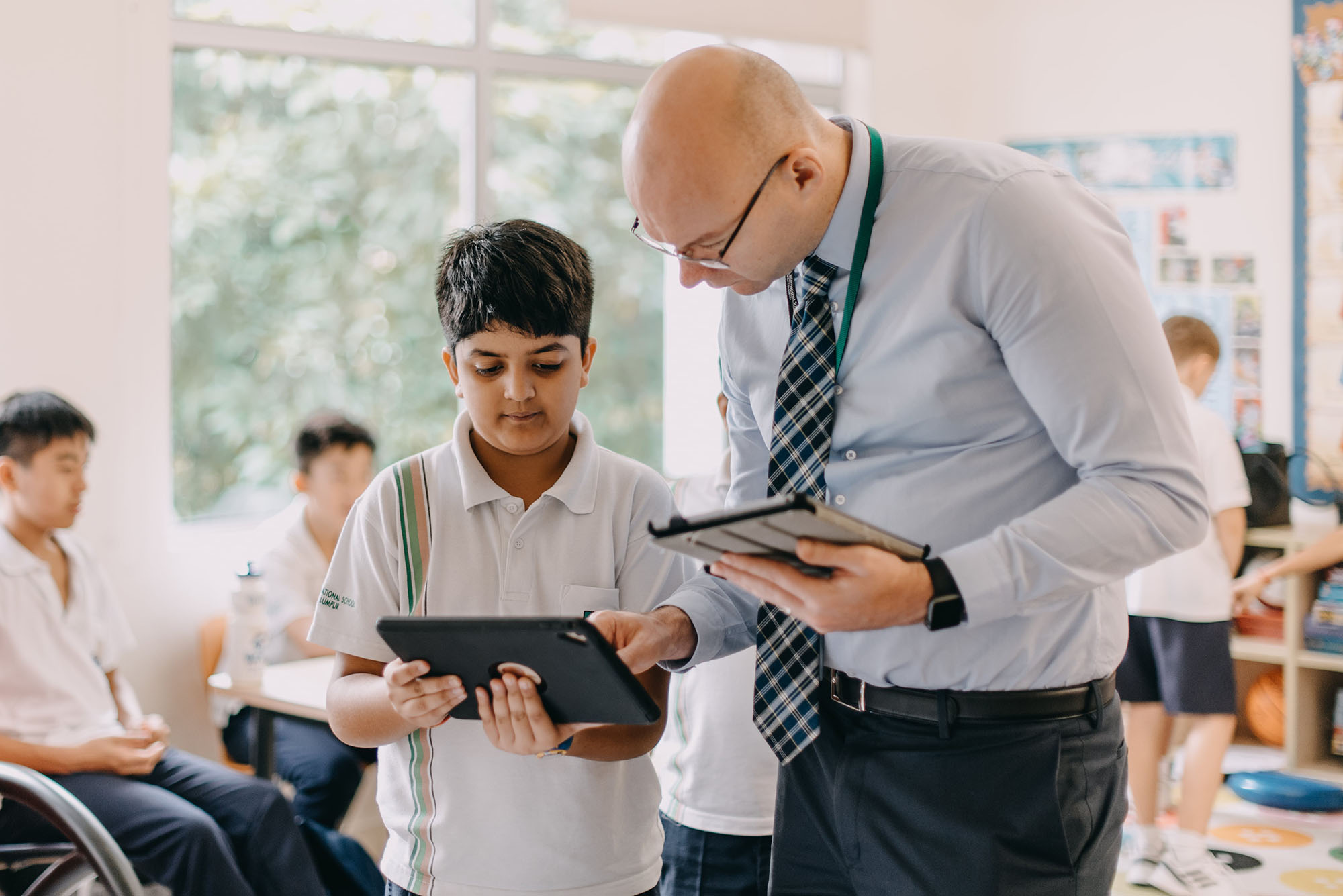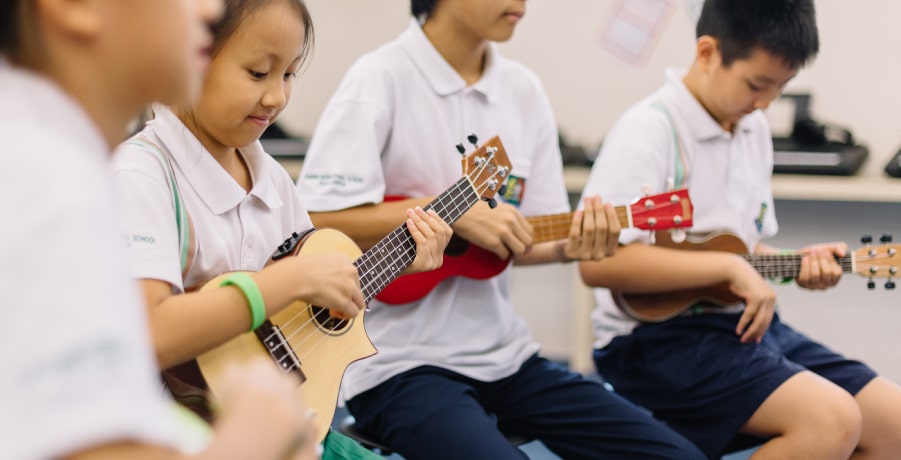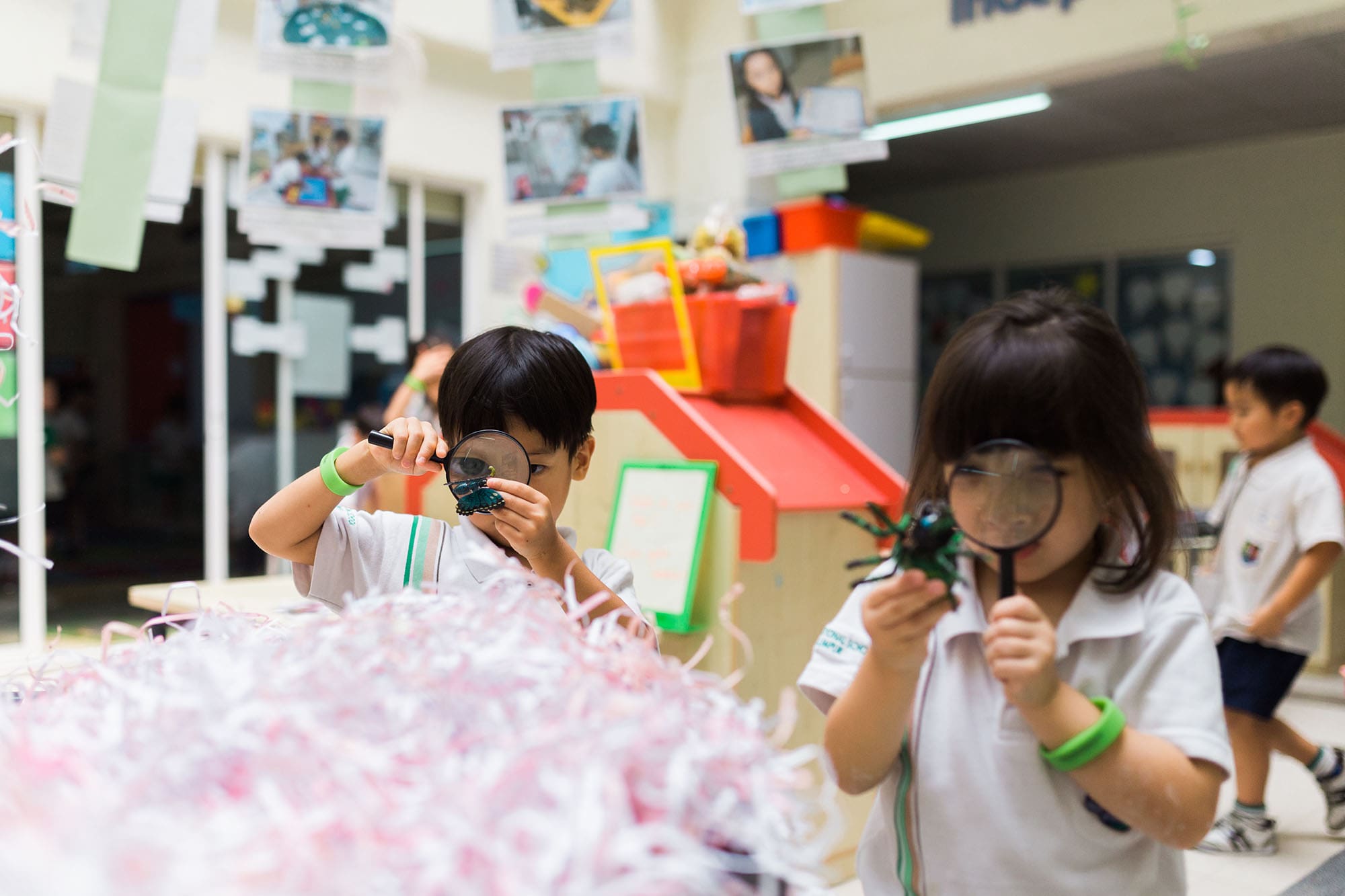Most parents know that ‘reading is good’ and that regular reading can help with language fluency and vocabulary building. However, not all parents are aware of the wide-ranging academic and emotional benefits that reading can bring. In this blog, we learn more about why reading is so important and highlight the power of regular reading at home and at school.
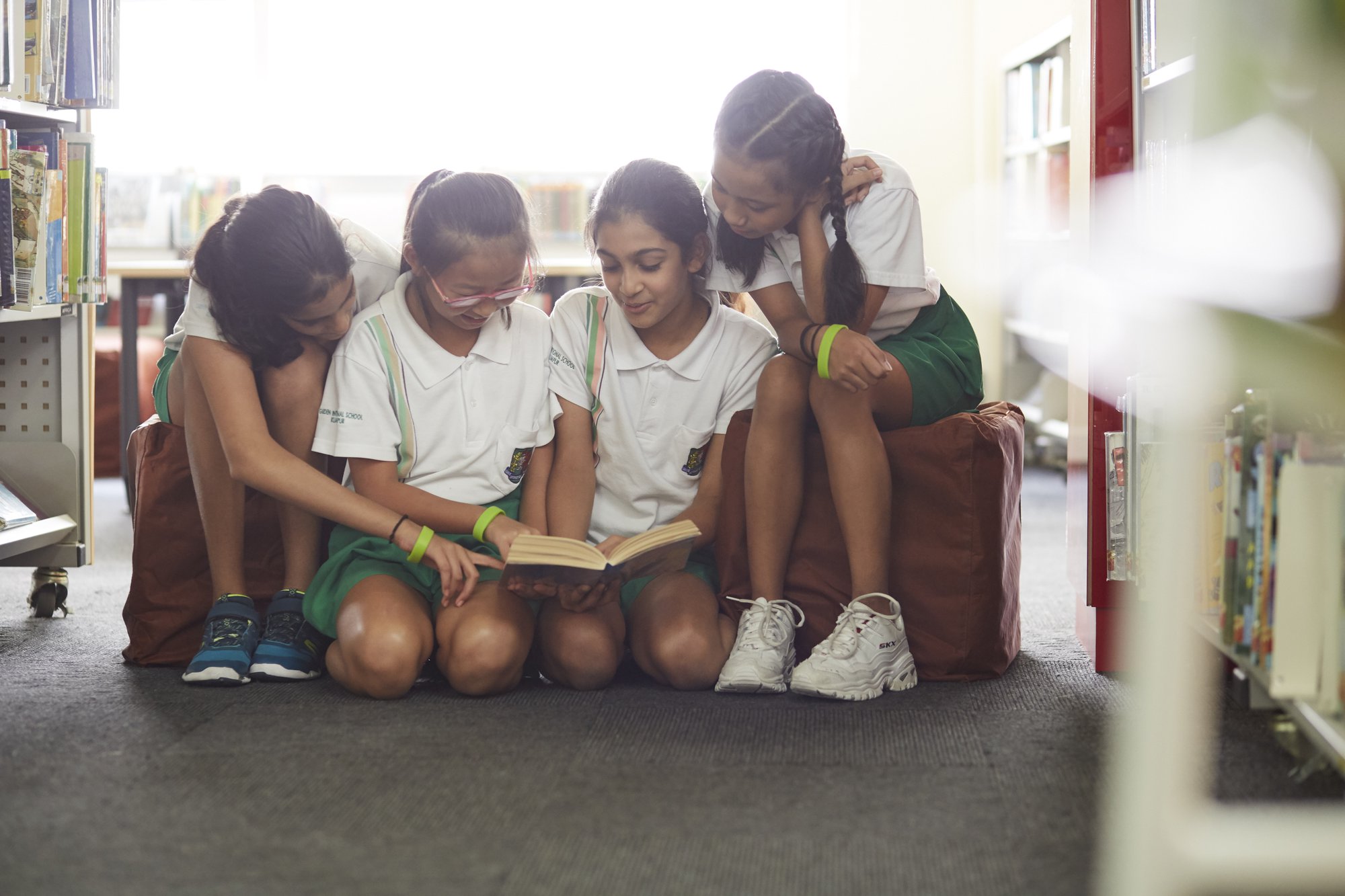
Why is Reading so Important?
The Power of Reading | Top Tip #1: Reading is Crucial for Academic Success
Time and again, research indicates a strong correlation between children who regularly read for pleasure and the grades that they achieve. Believe it or not, ‘...Reading enjoyment is more important for children’s educational success than their family’s socio-economic status.’ (2002, OECD)
The Power of Reading | Top Tip #2: Boost your child’s Vocabulary
There is no limit to the words a child can learn, no matter their age! Through reading, children will quickly build their vocabulary in English. This will help them in every aspect of life: from expressing and managing their emotions to communicating with friends, to achieving their potential in all subject areas.
The Power of Reading | Top Tip #3: High Social & Emotional Benefits
First and foremost, reading can be fun and offer valuable respite from a child’s busy day. In addition, ‘there is strong evidence that reading for pleasure can increase empathy, improve relationships with others, reduce the symptoms of depression and improve wellbeing throughout life’, research for The Reading Agency has found.
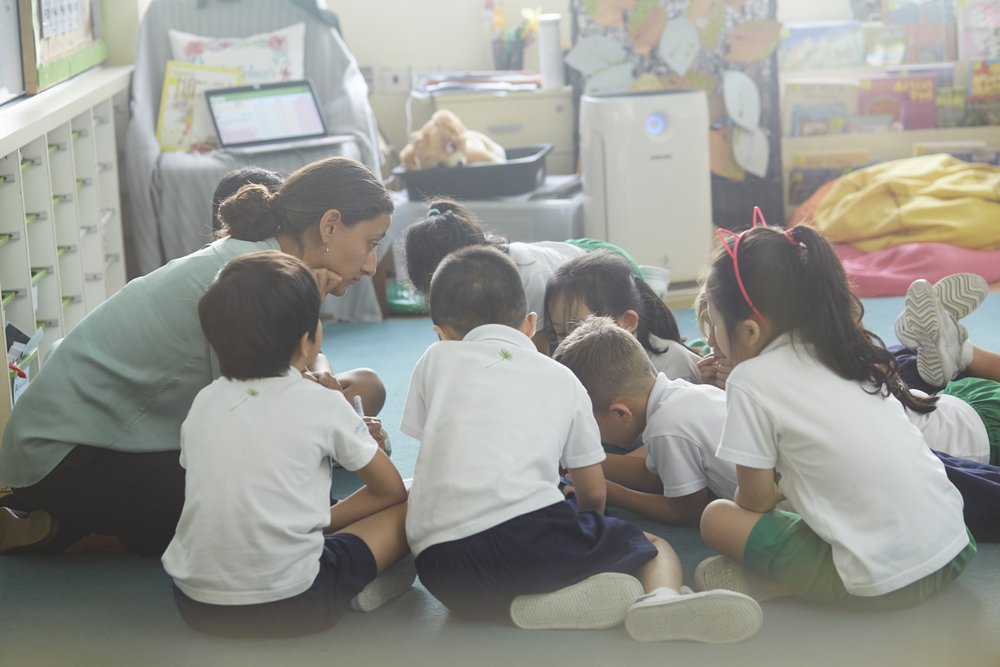
So, how can you support powerful reading habits at home?
1. All (age appropriate) reading is good reading!
Don’t rush them – treat choosing books in the same way that you would buying a new outfit. Let them choose books that they like! There are some great book shops in KL- why not make a family trip to visit one together?
2. Reading in your home language is important.
Believe it or not, strong literacy skills in your child’s mother tongue will support their development of literacy in English. In addition, for children newer to English-, reading in their mother tongue and discussing books is essential to maintain cognitive development; it also helps to promote deep learning, which might not be accessible to them at school if they are just beginning their English studies.
3. Engage with your child’s reading – whatever age they are.
Chat to them about their books – why did they choose it? What do you think might happen next? Which was your favourite part, and why? Once they’ve finished a book, encourage them to respond creatively – role plays, dress ups, craft activities, drawing are all great ways to keep your child thinking and exploring texts they have enjoyed.
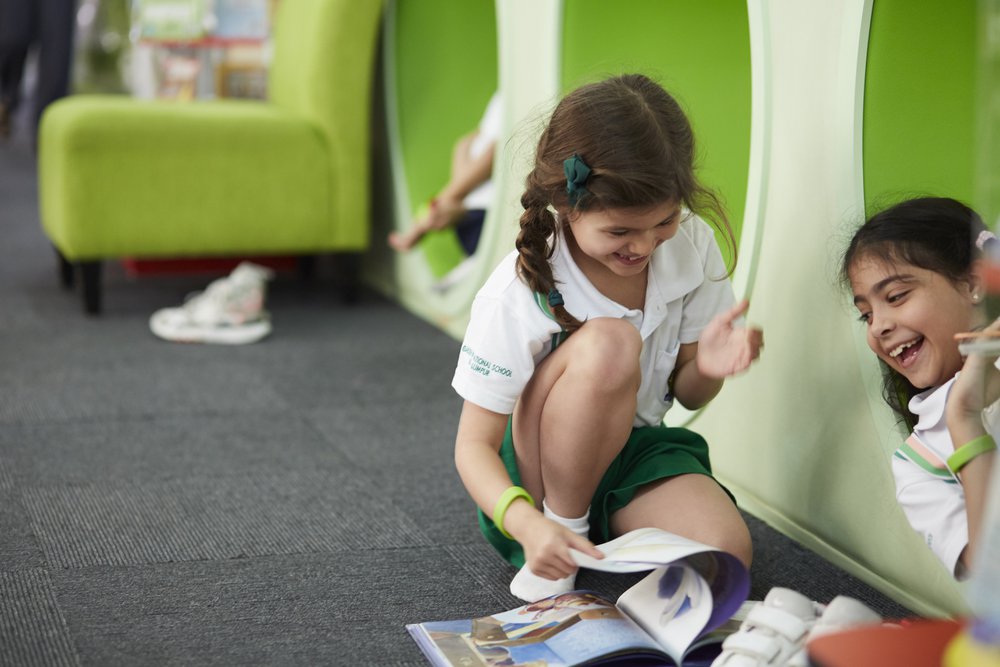
At GIS, we believe in the power that regular reading can have on a child. Our students’ reading is inspired by our three extensive libraries, nurtured by our talented team of teachers and librarians, and supported through the globally-recognised Accelerated Reader programme. In addition, our annual ‘Big Read’ charity drive helps to promote a love of reading in our school community, while supporting communities in need at the same time. In 2019, our community raised over 45,000 to transform learning spaces in local JREC refugee education centres.
Fancy your own family focussed reading challenge? We’ve teamed up with @Makchic, the Malaysian-based online parenting site to bring your our #LetsGetReading challenge! Join the conversation over on @makchic and share your tips and tricks for reading at home
To experience first-hand the power of reading in education, visit gardenschool.edu.my, or book your personalised family tour to see for yourself what makes the GIS reading community and our libraries so special!
Share your favourite reads (children’s or adults) @GISMalaysia!




